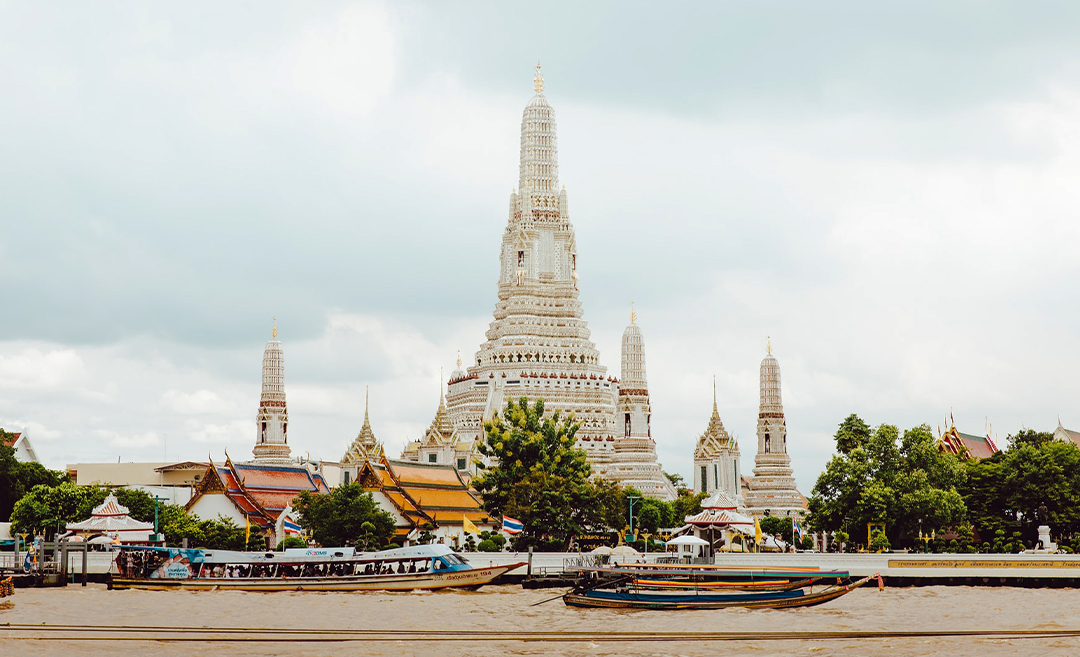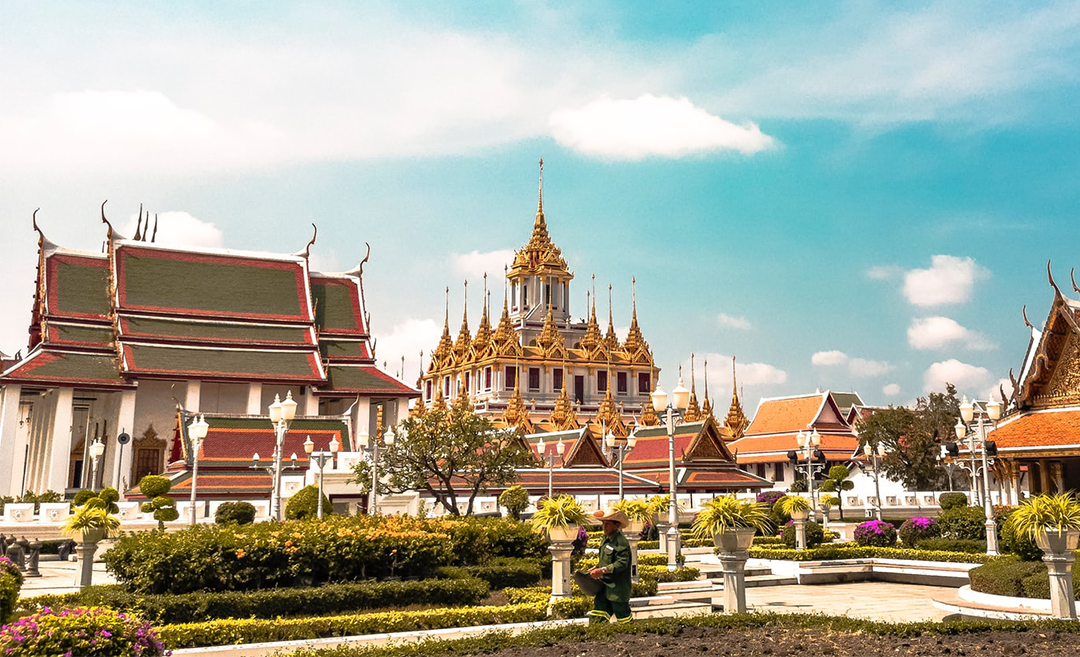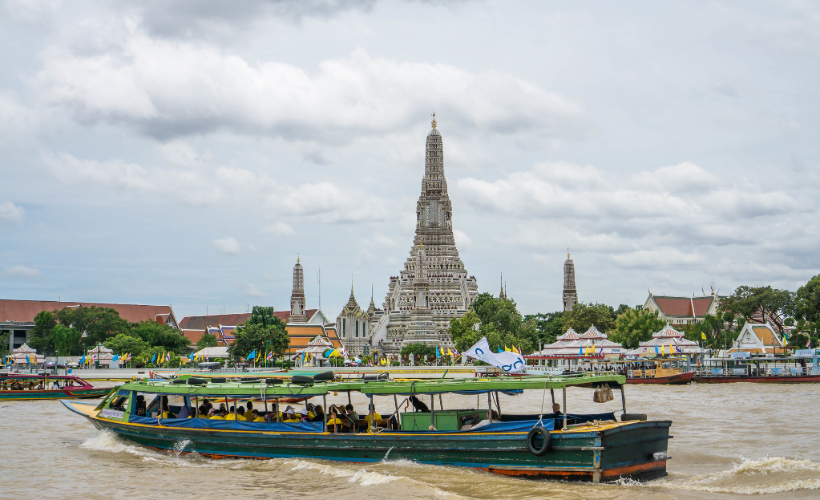A wide variety of circumstances have led to the renaming of numerous countries. Boundary changes, wars, and independence, as well as the honouring of a leader and the division of countries are just a few examples. Most countries change their names to distance themselves from their past, while others do so to attract tourists.
On 15 February 2022, The Office of the Royal Society (ORST) in Thailand announced the change of the official name of the nation’s capital, from Bangkok to Krung Thep Maha Nakhon. However, the name Bangkok is still recognised.
The new official name will only take effect after it is vetted by a committee in charge of scrutinising all draft bills, with observation from the Ministry of Foreign Affairs, ORST said.
The Royal Society announced that it had suggested updating the list of countries’ names, as some had relocated their capitals and others had been added, while the Society has also adjusted the transliteration of foreign words into Thai spellings.
Since November 2001, Bangkok has been in use officially. The name Bangkok came from an old area of Bangkok, which is now part of the greater metropolitan area of the capital, Bangkok Noi and Bangkok Yai districts.
The ceremonial name of the capital city is ‘Krung Thep Mahanakhon Amon Rattanakosin Mahinthara Ayuthaya Mahadilok Phop Noppharat Ratchathani Burirom Udomratchaniwet Mahasathan Amon Piman Awatan Sathit Sakkathattiya Witsanukam Prasit’ which most Thais pronounce as Krung Thep Maha Nakhon, or simply just Krung Thep.
It’s no wonder Bangkok holds the Guinness World Record for having the world’s longest city name.
Like cities, countries sometimes change their names, too. For centuries, the region was ruled by a king and was known as Siam. In 1939, the king who ruled the country changed its name after it became a constitutional monarchy. It is pronounced as Prathet Thai in its local language, which means, “the country of free people.”




